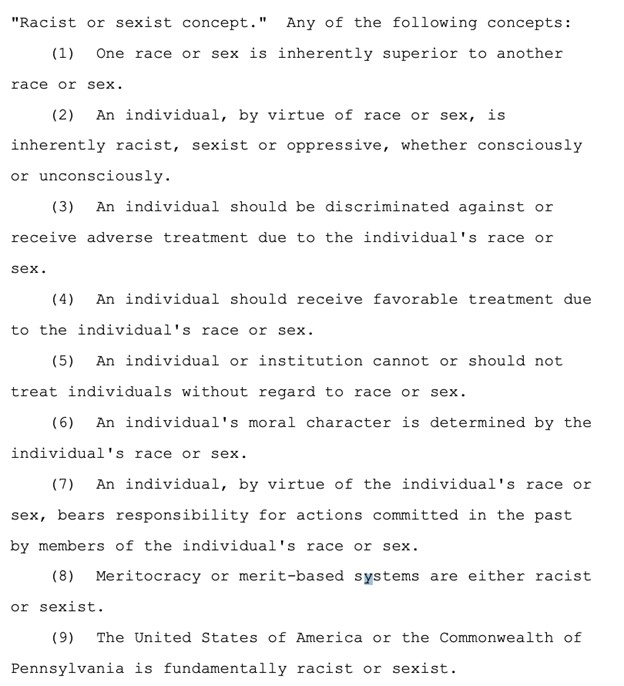Schools Cannot “Ban” Critical Thinking on Race and Racism
States and districts across the U.S. are engaged in policy arguments about proposed legislation to regulate what schools teach students about race and racism in America.
However, this does not mean this sort of regulation is constitutional and compliant with civil rights protections.
Critical Race Theory or (“CRT”) is the catchall term being used to describe the study of the social construct of race, systemic racism, and its impact on society. It is an academic framework, which examines how race and racism impact American institutions.
There is no established curriculum for teaching CRT. It is not a program that can or cannot be implemented. Essentially, CRT is critical thinking (i.e., the objective analysis and evaluation of an issue in order to form a judgment) about race.
As of July 15, 26 states have introduced legislation to restrict how school districts and teachers can discuss racism and sexism with students. In 11 states, these policies have been enacted.
But what are states actually banning?
In Pennsylvania, proposed HB 1532 (misleadingly coined the “Teaching Racial and Universal Equality Act”) would prohibit instructors from adopting, expressing, or promoting any “racist or sexist concept.”
Definition of prohibited racist and sexist concepts under HB 1532.
HB 1532’s definition of “racist concepts” is troublingly broad. It would not simply restrict the spreading of prejudiced ideas; it would bar schools from acknowledging the existence of racism and its systemic impact altogether.
If a school district is found to violate the proposed legislation, it risks losing funding from Pennsylvania. The school district also may be subject to civil complaints from residents about alleged policy violations. The Pennsylvania bill specifies that school districts may be obligated to pay attorney’s fees for the party accusing the school of hosting illicit conversations about the enumerated racist or sexist concepts.
Please note: People who are actually subjected to prohibited race-based or sex-based discrimination in schools, in violation of federal and Pennsylvania law, are not entitled to reimbursement for their attorney’s fees.
Government regulation of conversations about race and sex in school is a striking violation of the First Amendment, Title VI of the Civil Rights Act (“Title VI”), and the Individuals with Disabilities Education Act (IDEA).
The First Amendment guarantees freedom of speech in a public forum without government interference. These policies regulate what teachers and students can and cannot say inside a public school. It is quintessential government interference in freedom of speech.
Title VI guarantees no person in the United States will be excluded from participation in, denied the benefits of, or subjected to discrimination by their schools on the grounds of race, color, or national origin. Prohibiting conversations because they involve the concept of race will inevitably lead to prohibited race-based discrimination. For example, if a teacher loses their job because they discussed a racial concept, it is arguable they are being discriminated against on the basis of race. The purposes of Title VI and the proposed regulation of discussion of race in school are incompatible.
The IDEA requires school districts to educate the whole child, beyond academic needs. This includes social and emotional needs. Policies regulating what instructors may and may not say, and what a school may or may not provide, directly interferes with educators’ ability to make the individualized decisions they need to make.
Moreover, schools and districts likely already have internal policies with respect to discussing race and sex, or other subjects their students’ caretakers may be sensitive about. The addition of conflicting State or district policy is unnecessary government overreach.
States cannot, should not, and will not ban students and their educators from thinking critically about how race and racism impact American institutions.

